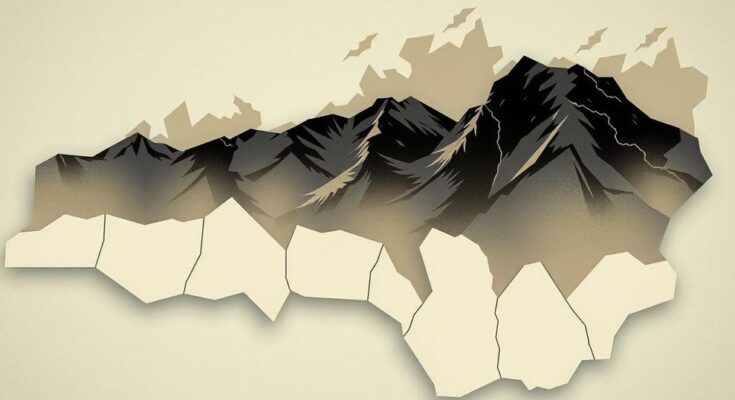Rwandan-backed M23 rebels have taken control of Bukavu in the DRC, declaring their actions are to restore security for the local populace. The Congolese government has acknowledged the occupation, while local residents express frustration over government inaction. The situation leads to a growing humanitarian crisis, with millions displaced and casualties rising amidst ongoing violence and regional instability.
Recent developments indicate that Rwandan-backed M23 rebels have successfully seized the city of Bukavu, the provincial capital of South Kivu in the Democratic Republic of the Congo (DRC). The Congo River Alliance, which includes M23, announced their intervention was aimed at assisting local populations with their security challenges under the previous regime. Spokesperson Lawrence Kanyuka emphasized that their forces are focused on restoring peace to the area and ensuring safety for residents and their properties.
M23 member Bernard Maheshe Byamungu, who faces UN sanctions for human rights violations, remarked on the current disarray in Bukavu, asserting their intention to rectify the chaos caused by former authorities. Meanwhile, the DRC government has officially acknowledged the city’s occupation, stating their commitment to restoring order and territorial integrity.
The South Kivu Governor Jean-Jacques Purusi has reported that Congolese troops retreated strategically to prevent conflict in heavily populated areas. Local citizen Blaise Byamungu expressed concern over government inaction, questioning, “Is the government waiting for them to take over other towns to take action? It’s cowardice,” illustrating the local sentiment following the takeover.
The security situation has escalated, with M23 rebels recently capturing Kavumu airport, a crucial strategic point for the Congolese military. The rebels continue to advance, having previously taken Goma earlier this year. M23, also known as the March 23 Movement, has ambitions of further expansion, although it proclaimed a ceasefire earlier this month, asserting no intentions of seizing additional locations.
The ongoing conflict has led to a significant humanitarian crisis, with over six million individuals displaced across the region, marking one of the world’s most severe humanitarian challenges. The United Nations recently reported that approximately 3,000 fatalities have occurred thus far. Despite accusations of support for M23, the Rwandan government contends their involvement is primarily rooted in defending ethnic Tutsis against Hutu forces, a legacy issue stemming from the 1994 Rwandan genocide.
The situation in South Kivu remains precarious with M23 rebels occupying Bukavu and further destabilizing the region. The DRC government faces substantial challenges in restoring order, while the humanitarian crisis continues to worsen amid ongoing violence. There is heightened tension regarding Rwanda’s involvement as local sentiments express urgency for government action against the rebels. In summary, the emergence of M23 and their military actions exemplify the entrenched complexities of regional conflicts, humanitarian disasters, and international relations pertaining to ethnic dynamics.
Original Source: news.sky.com




